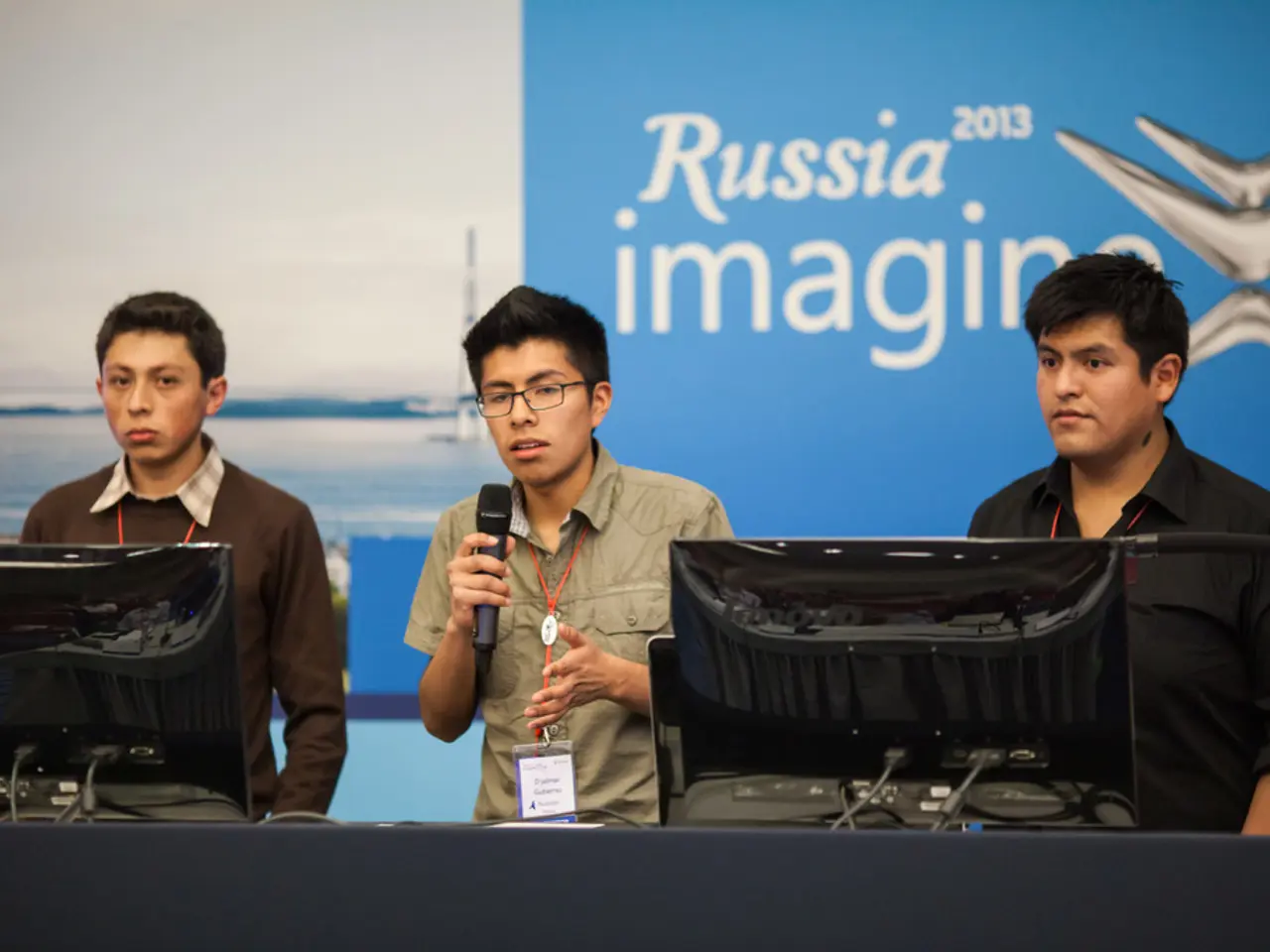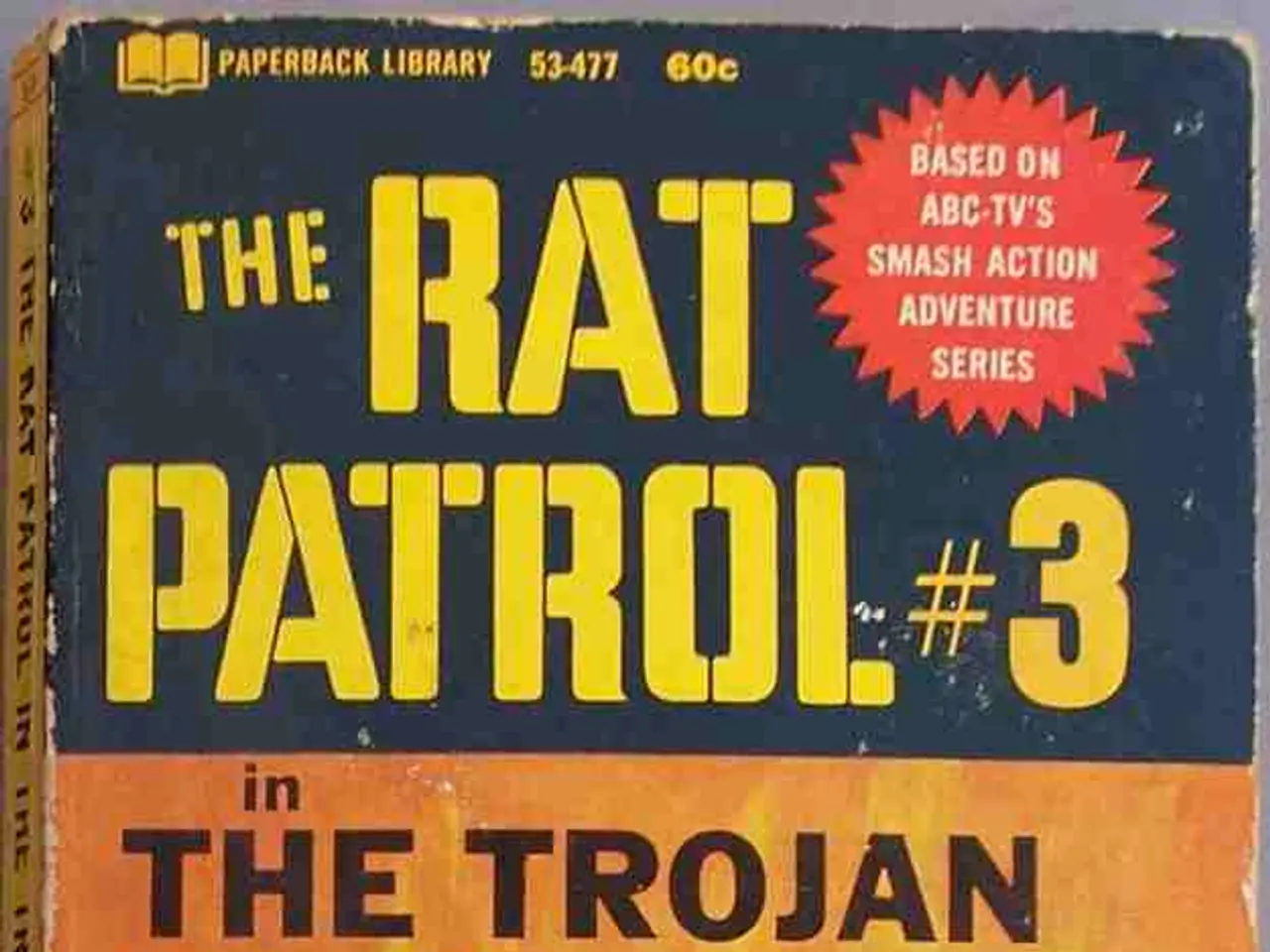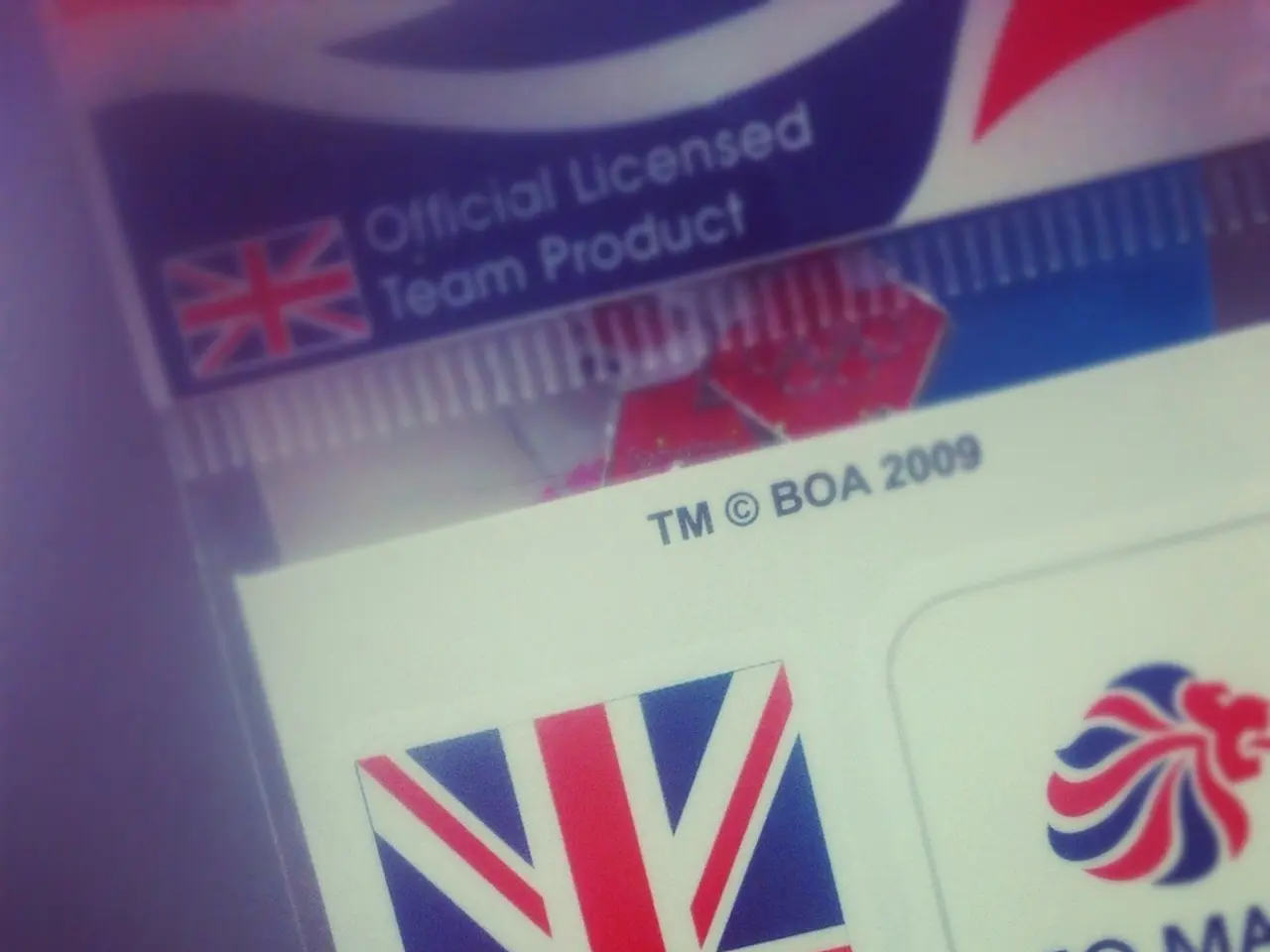Construction projects funded by ill-gotten gains exposed by Anticor.
Shining the Light on Kazakhstan's Anti-Corruption Efforts
In a bold move, The Anti-Corruption Service of Kazakhstan showcased various social facilities built using assets seized from corrupt officials. These facilities, funded by confiscated funds, include children's centers for special needs children and schools.
The primary objective of this exhibition was to bridge the gap between the public and state institutions, clarifying the destination of seized funds. By doing so, the anti-corruption agency hoped to boost citizens' trust in the government and increase budget transparency.
Visitors were guided through social facilities showcasing how seized assets, including buildings, land, equipment, and cash, serve the public good. Recovering illegally acquired assets remains central to the agency's mission.
According to the agency, the total value of recovered assets is a staggering 1 trillion 152 billion tenge. These assets include luxurious properties, commercial properties, unfinished construction projects, expensive vehicles, and boats.
By presidential decree, all recovered assets are directed exclusively towards state benefit. Some of these recovered assets have already been allocated. For instance, the Maisat business center building was transferred to the AO "Institute of Geography and Water Safety," and the Kaisar Tower business center was given to the Kazakh National Women's Pedagogical University.
The construction of 89 schools with a capacity for 100,000 students has also been funded from the recovered assets. As of now, 61 schools have been completed, with the remaining 28 set to open in 2025. Funding for the construction of these schools is also provided by the Special State Fund, replenished through the sale of recovered state property.
The anti-corruption service continued to emphasize that work on recovering illegally acquired assets is ongoing. Moreover, Kazakhstan is currently implementing a large-scale program to recover assets illegally transferred abroad.
However, some critics suggest that the seized funds could be better used to modernize national infrastructure, such as power grids, pipes, and other facilities, to prevent tariff hikes. Other suggestions include opening special accounts for all Kazakhstanis living in the country since 1991 to cover tariffs.
For a more transparent and trustworthy process, some propose that the anti-corruption agency create a simple, accessible website detailing the seized assets, the amount returned, the projects built, and the investments made. An updated table on the homepage that matches debits and credits would further enhance transparency.
As for specific details about the allocation and use of recovered assets, no detailed breakdown or a comprehensive public report was referenced in our search results. Interested parties might need to consult official Kazakh government sources or specialized transparency reports for a more precise understanding.
Sparking Debate among Citizens
Unsurprisingly, the exhibition sparked various reactions and debates among citizens:
- Some were enthusiastic about the efforts made by the anti-corruption agency, praising them for strengthening public trust.
- Others expressed concerns about the priorities of the agency, suggesting that the funds could be allocated to modernize national infrastructure or provide direct financial aid to citizens.
- A few called for transparency, urging the agency to publish detailed reports on their activities, including the breakdown of seized assets and projects funded.
In contrast, some見つめが注目しているcitizens argue that the exhibition is purely a public relations stunt, with no substantial impact on the fight against corruption. Nonetheless, the debate ignited by the exhibition highlights the need for increased transparency and accountability in the anti-corruption process.
The ongoing debate among citizens regarding Kazakhstan's anti-corruption efforts involves discussions about the allocation of seized assets. Some argue that the funds could be used to modernize national infrastructure, while others propose the creation of a simple, accessible website detailing the agency's activities for increased transparency. Additionally, politics, policy-and-legislation, and general news have emerged as key topics in this debate, reflecting the importance of these issues within the broader context of Kazakhstan's anti-corruption policies.






